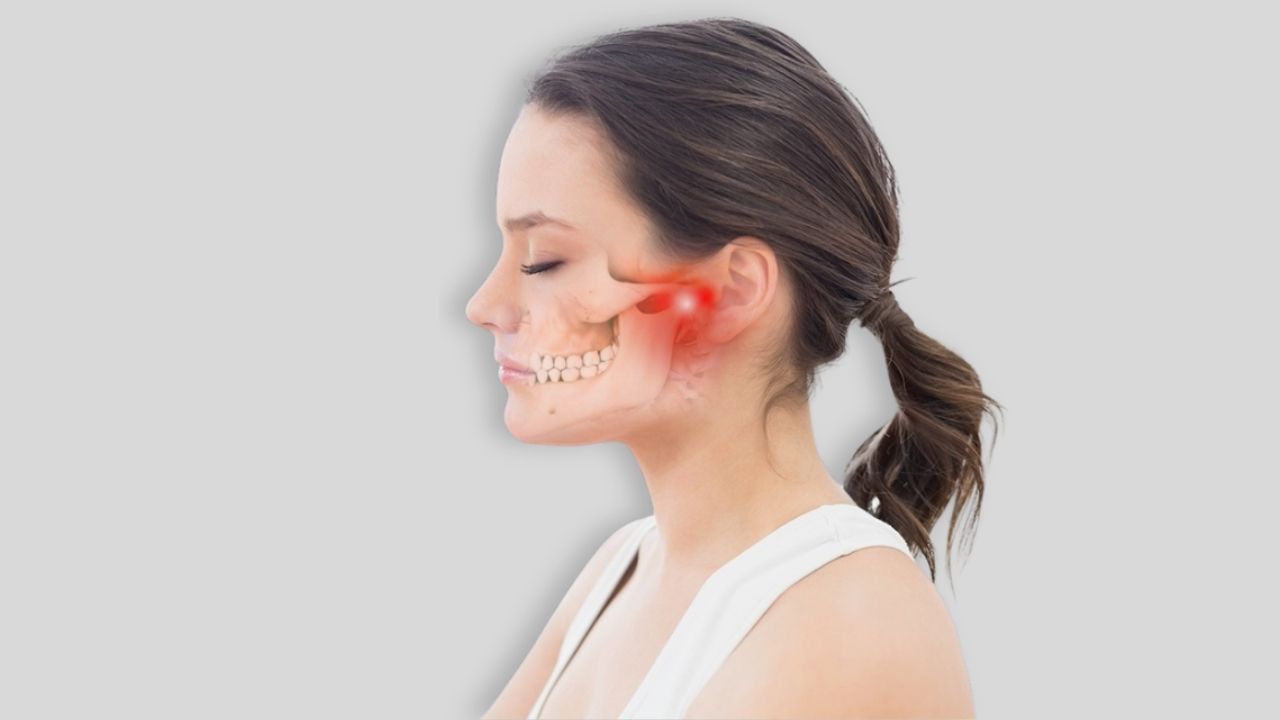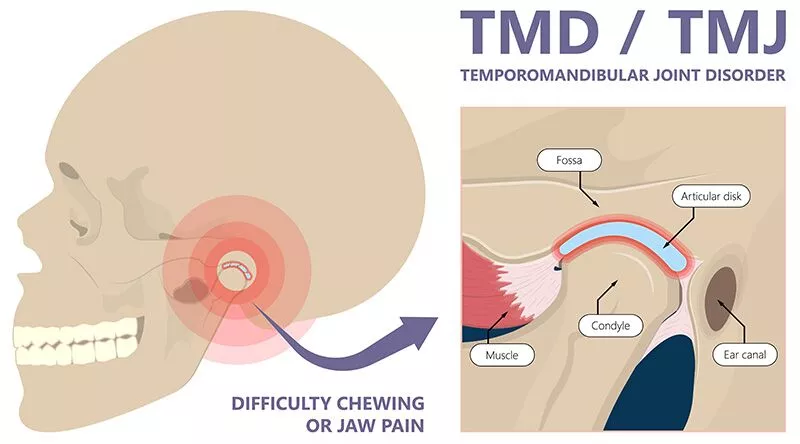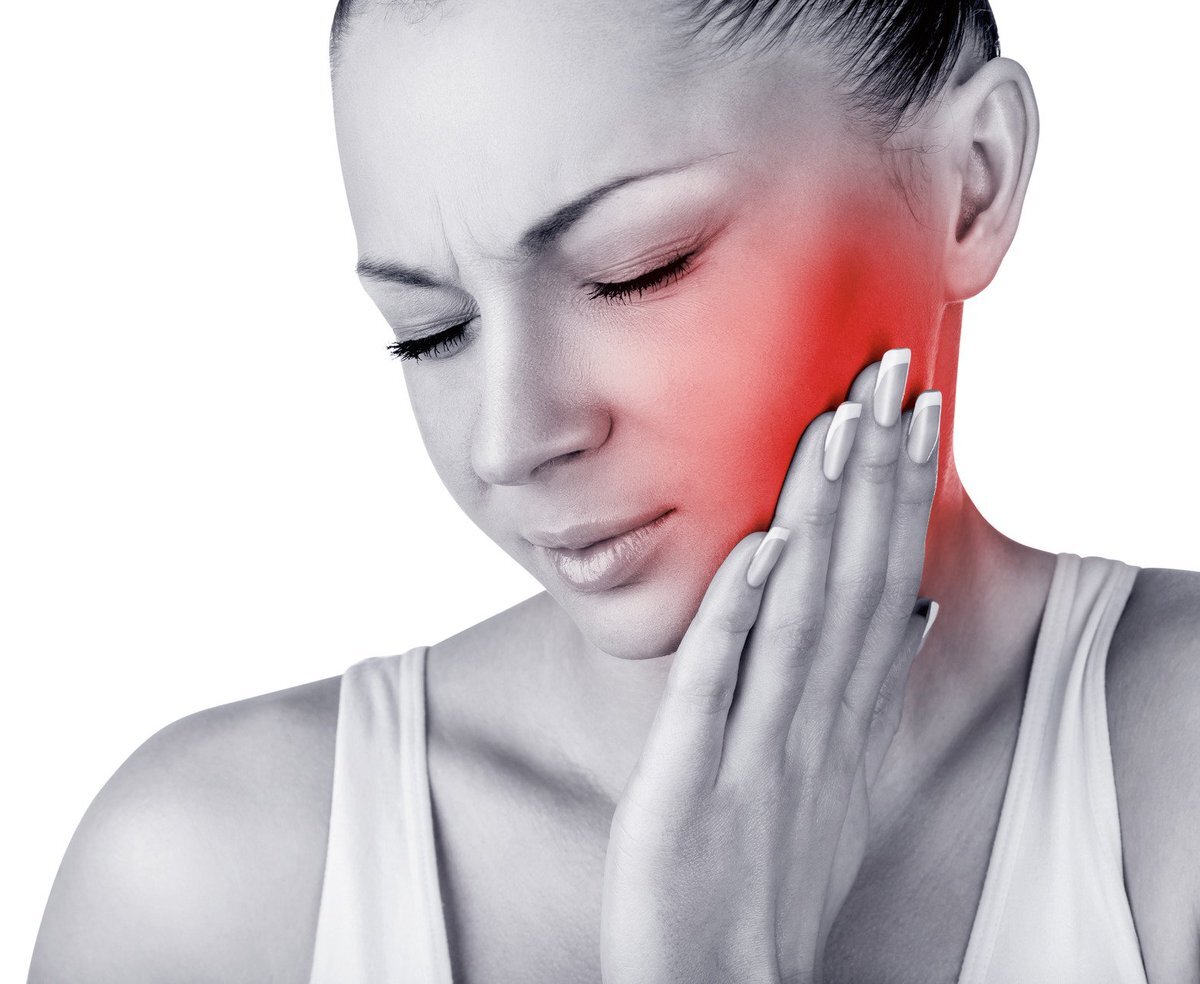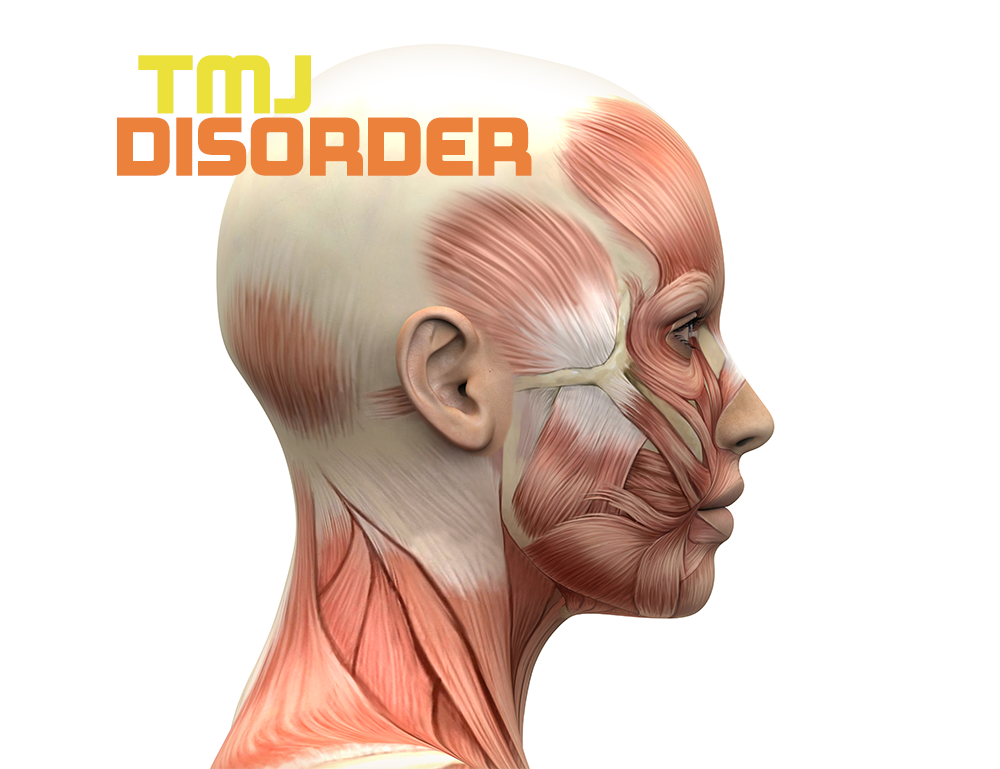
Temporomandibular Joint (TMJ) disorder affects the jaw joint and the muscles controlling jaw movement, leading to pain and discomfort. It can be caused by various factors, including injury, arthritis, teeth grinding, or misalignment of the jaw. Treatment aims to relieve symptoms, improve jaw function, and address underlying causes.
TMJ Disorder Treatment Options
-
Self-Care and Home Remedies :
- Rest the Jaw : Avoid chewing gum, eating hard foods, or opening your mouth wide (e.g., yawning).
- Heat or Cold Therapy : Applying a warm compress or ice pack can help reduce pain and inflammation.
- Jaw Exercises: Gentle stretching and strengthening exercises recommended by a healthcare professional can improve jaw mobility.
-
Medication :
- Pain Relievers and Anti-Inflammatory Drugs : Over-the-counter pain medications like ibuprofen or acetaminophen can help alleviate discomfort.
- Muscle Relaxants : May be prescribed for a short period to relieve muscle tension and pain.
- Tricyclic Antidepressants : Low doses can help manage pain and improve sleep in some cases.
-
Dental Treatments :
- Mouthguards or Splints : Wearing a custom-made dental appliance can help reduce teeth grinding and jaw clenching.
- Dental Correction : Orthodontic treatment, adjusting bite alignment, or replacing missing teeth may help alleviate TMJ symptoms in some cases.
-
Physical Therapy :
- Physical therapy techniques, including ultrasound, moist heat, and exercises to stretch and strengthen jaw muscles, can be effective in treating TMJ disorders.
-
Injections :
- Corticosteroid Injections : Injecting corticosteroids into the joint can reduce inflammation and pain.
- Botox Injections : Botox can be used to relax the muscles around the jaw and relieve symptoms caused by muscle tension.
-
Surgical Options (for severe cases) :
- Arthrocentesis : A minimally invasive procedure to flush out debris and inflammatory substances from the joint.
- Arthroscopy : A small camera is used to examine the joint and perform minor surgical repairs.
- Open-Joint Surgery : For severe cases where the joint structure needs to be repaired or replaced.
-
Alternative Therapies:
- Acupuncture : Some people find relief from TMJ symptoms through acupuncture.
- Chiropractic Care : Adjustments and manipulations can help align the jaw and relieve tension.
- Stress Management : Techniques such as meditation, relaxation exercises, or yoga can help reduce stress-related jaw tension.
Lifestyle Changes to Manage TMJ Disorder
- Maintain Good Posture : Keeping your head and neck in proper alignment can help reduce strain on the jaw.
- Avoid Clenching or Grinding Your Teeth : Be aware of jaw tension during the day and try to keep your teeth slightly apart when not chewing.
- Follow a Soft Diet : Stick to softer foods and avoid chewing on hard or sticky items.
TMJ disorder Treatment F&Q
TMJ disorder refers to problems with the temporomandibular joint, which connects the jawbone to the skull. It can cause jaw pain, difficulty chewing, clicking sounds, and limited jaw movement.
TMJ disorders can be caused by various factors, including jaw injury, arthritis, teeth grinding or clenching (bruxism), stress, misalignment of the teeth or jaw, or even poor posture.
Symptoms include jaw pain or tenderness, aching around the ear, difficulty or pain while chewing, facial pain, locking of the joint, and clicking or popping sounds when opening or closing the mouth.
Diagnosis typically involves a physical examination by a healthcare professional, which may include assessing jaw movement and listening for joint sounds. Imaging tests such as X-rays, MRI, or CT scans may be used to evaluate the joint’s condition.
Yes, many cases can be managed with self-care measures, such as resting the jaw, applying ice or heat, doing jaw exercises, using over-the-counter pain relievers, and avoiding hard or chewy foods.
If you experience persistent jaw pain, difficulty opening or closing your mouth, or if the condition interferes with daily activities, you should seek professional evaluation and treatment.












